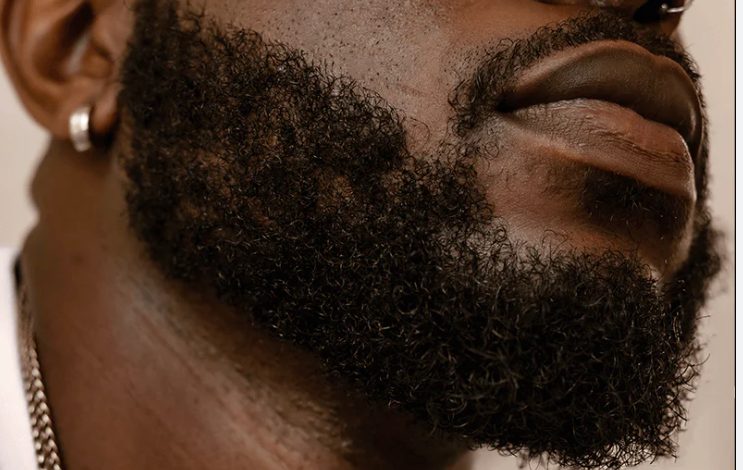Doctor issues urgent warning against kissing bearded men and reveals it can lead to gruesome health issues
Source: Graphic Online

A doctor has issued an urgent warning against people kissing men with a beard.
Dr Myro Figura, an anesthesiologist from Los Angeles, took to Instagram to explain why kissing someone with a beard can result in infections and skin irritation.
He explained: ‘Kissing somebody with a beard can cause an infection? It sure can”.
‘If not cleaned, the beard can harbour a lot of bacteria like staph and strep and when kissing the beard can cause breaks in the skin, allowing bacteria to enter and cause an infection called impetigo.’
According to the NHS, it starts with red sores or blisters, but the redness may be harder to see on brown and black skin.
‘The sores or blisters quickly burst and often leave crusty, golden-brown patches.
‘The patches can look like cornflakes stuck to your skin, get bigger and spread to other parts of your body, become itchy and are sometimes painful.’
Treatment can include hydrogen peroxide cream if it’s in one area, antibiotic cream or tablets if it’s widespread and antibiotic tablets if it is bullous impetigo (impetigo that includes large, fluid-filled blisters).
It added that “pharmacists can help, providing a consultation and treatment but if it is particularly painful or not going away then it’s best to speak to a GP”.
Cases typically clear up in seven to ten days with treatment but a surefire way to avoid getting the nasty skin infection is for men to make sure they’re taking good care of their facial hair.
The awareness comes after doctors issued an urgent warning over a common sexual act.
The herpes virus can travel to the brain during oral sex, scientists warn.
The infection, in theory, could then cause inflammation and lead to complications such as brain damage and dementia.
The University of Chicago’s Professor Deepak Shukla, who led the research, told DailyMail.com this mode of transmission could occur in the bedroom.
He said any position that makes it possible for someone’s nose to come into contact with HSV-1 particles from a person who is actively shedding the virus is a risk.
Nearly four billion people worldwide carry HSV-1, the main cause of oral herpes.






















